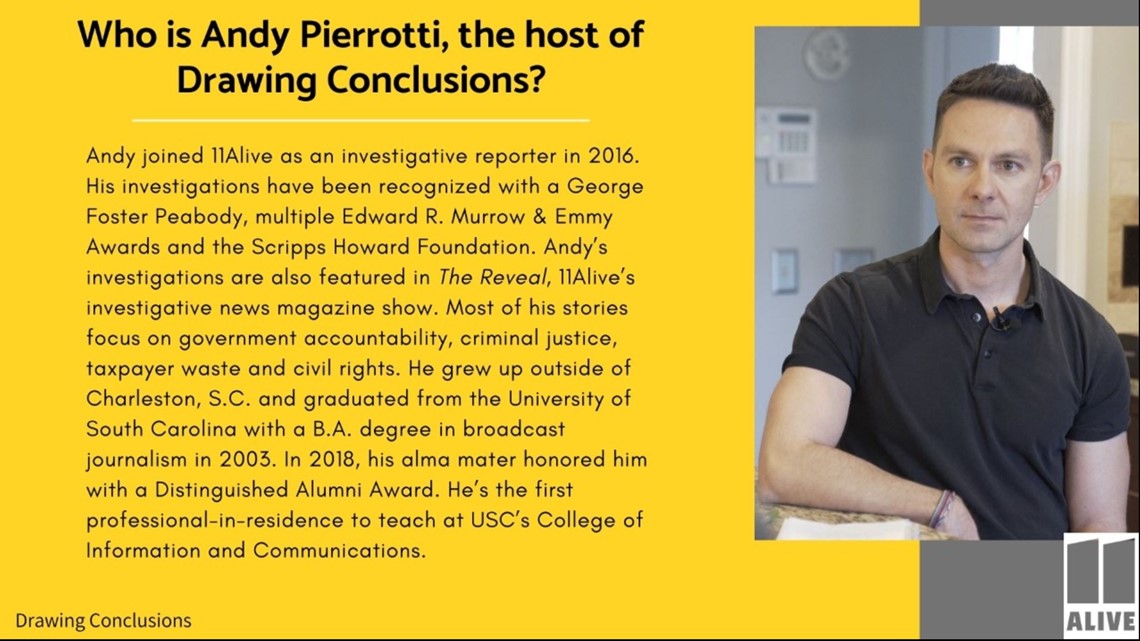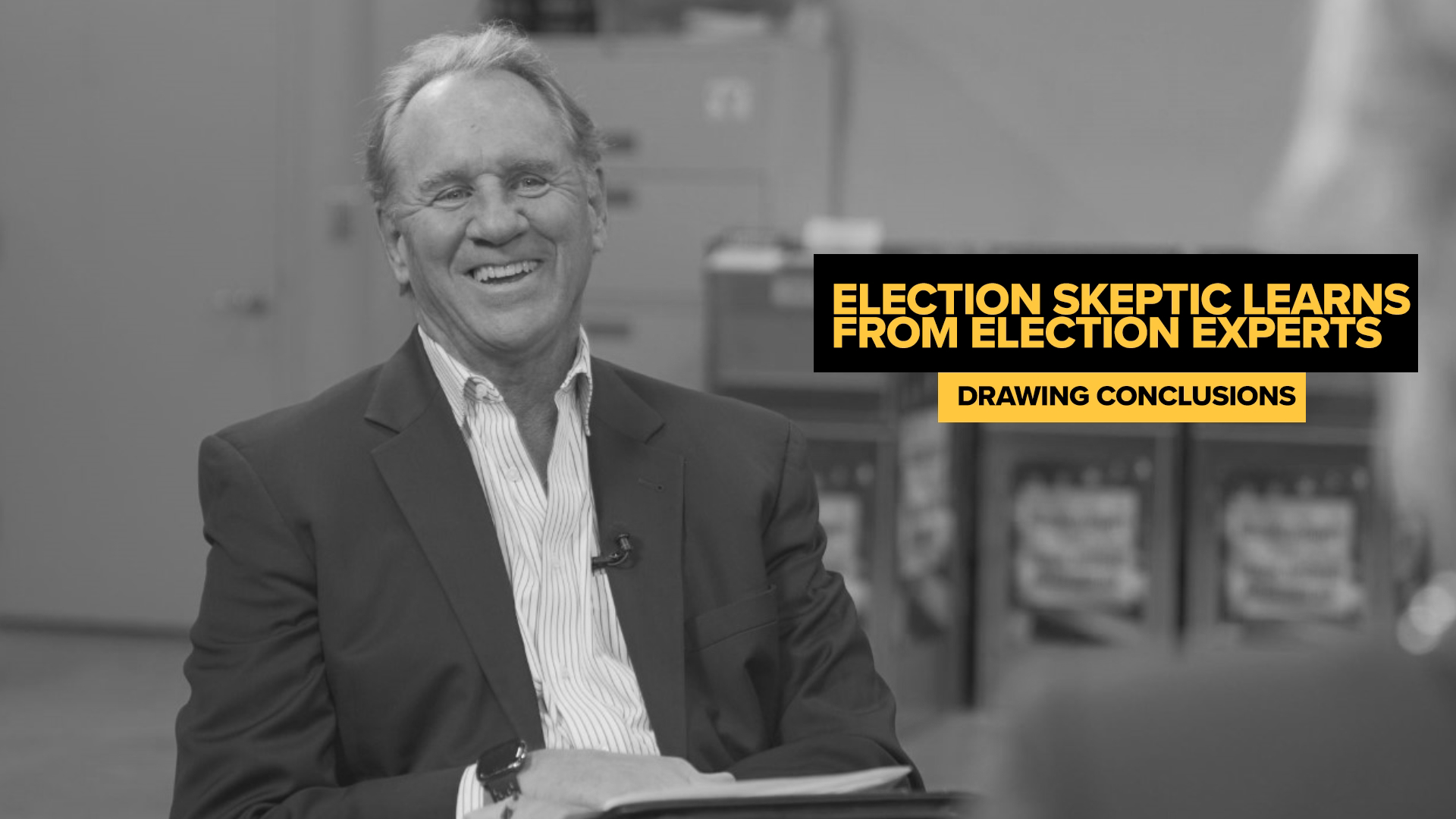Voter skeptical of Georgia’s 2020 election results interviews experts. Here's what he found.
In this edition of Drawing Conclusions, 11Alive follows a voter skeptical of Georgia’s 2020 election results.
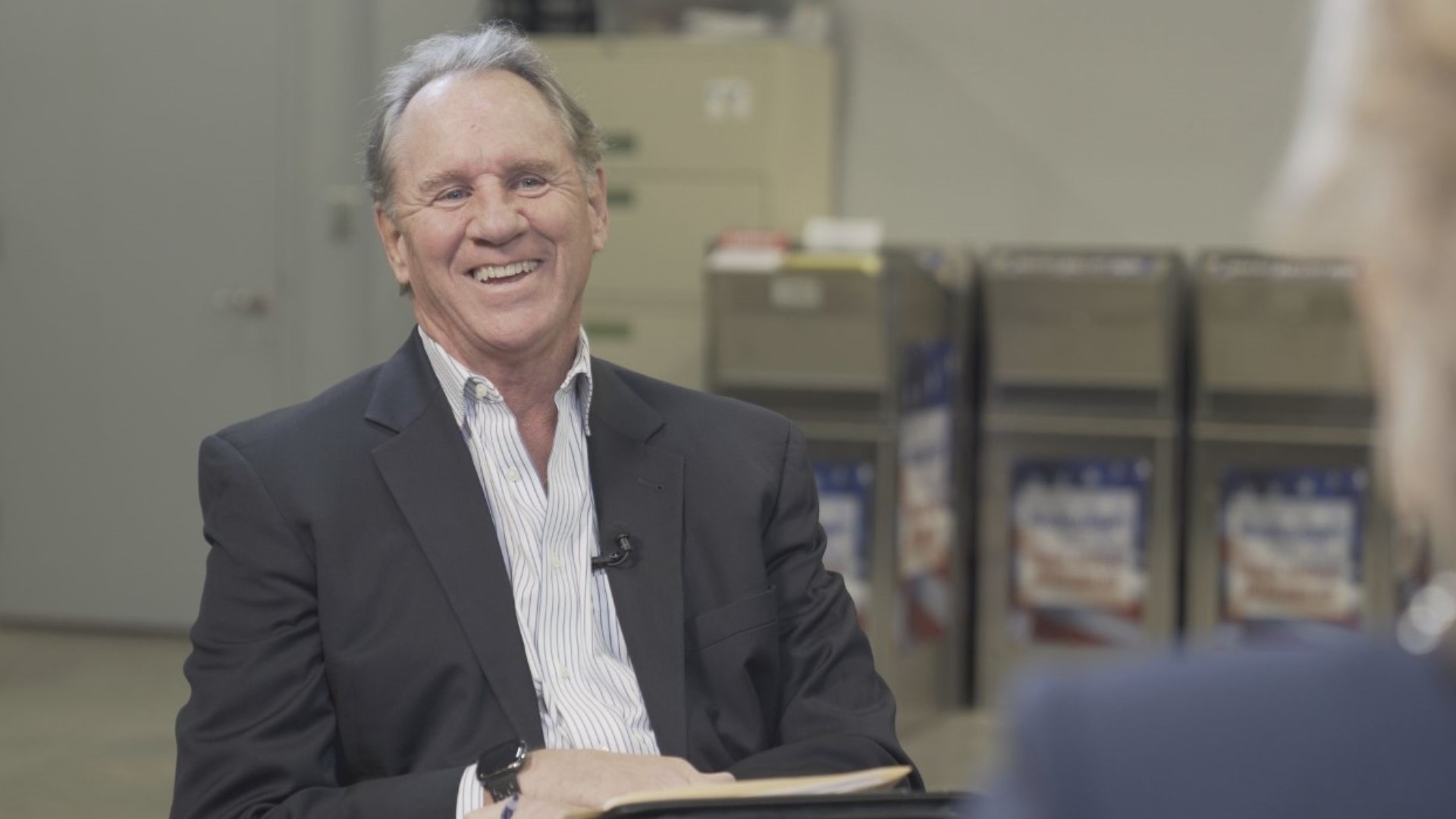
Editor's note: This story is a part of 11Alive's Drawing Conclusions series. Check back for a new chapter of the episode each day March 7 to 11th on TV and right here at 11Alive.com.
In this edition of Drawing Conclusions, 11Alive follows a voter skeptical of Georgia’s 2020 election results. He’s agreed to go on a fact-finding journey and interview experts across the state who were involved in counting the ballots, verifying its integrity and the voting machines used during the election. After he’s done, the skeptic will tell 11Alive what he’s learned.

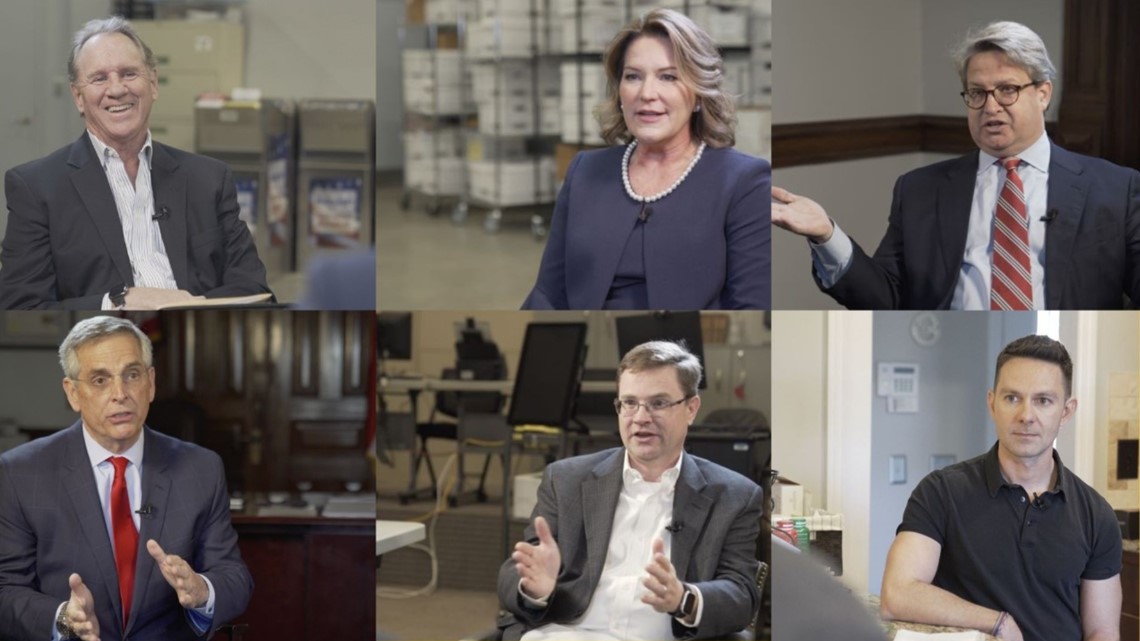
More about the series: Drawing Conclusions is an immersive storytelling experience that tackles complicated subjects, often wrapped with emotion and misunderstanding, and follows skeptical viewers who take the wheel of the reporting process. Instead of elevating the conflict, the series seeks to better understand the skeptic’s beliefs by introducing them to experts who hold the answers to their most burning questions. The first episode in the series focused on a mother hesitant about getting a COVID-19 vaccine. The second episode focused on two parents concerned with critical race theory and diversity equity and inclusion programs in Georgia public schools.
Part 1 Meet the Skeptic
His name is Marc Nolan. He’s 67-years-old, married with two adult children, a proud Army veteran and a retired tech executive.
These days, though, the long-time Cherokee County resident is most known in the community as ‘Coach Nolan.’ He trains future kickers trying to get onto college football teams and the NFL. Nolan, himself, briefly played for the Philadelphia Eagles in 1978.
When 11Alive met Nolan this past October, he made it clear he was not confident in Georgia’s 2020 election results or the people who ran the state’s election. Over the past year, Marc has repeatedly posted his concerns on social media. The day after the November election, he wrote on Facebook – “Power hungry DNC Politicians…have STOLEN elections.”
He also criticized former Georgia Republican Senator Kelly Loeffler on Twitter, writing. “U sadly are not a fighter!” for declining to challenge the election results hours after the attack on the U.S. Capitol.
Doubtful of the results, but willing to learn more. Over the next few weeks, he’ll get his chance to interview four leading election experts in the state, including Georgia Secretary Brad Raffensperger.
The first expert Marc meets is Nancy Boren, the election director in Columbus, Georgia with the Muscogee County Election office. It’s a two-hour drive from his home in Woodstock.
Boren has been in her role for more than 26 years. She’s also on Georgia’s Elections Advisory Council and on the U.S. Elections Assistance Commission, which helps set national election standards.
In Marc’s interview with Boren, he learned what happened to thousands of voters the Republican party claimed should not have been on the voter rolls. Boren also explains why she doesn’t believe a ‘gold standard’ in voting machines exists, but is still confident in Georgia’s 2020 election results.
“I don't believe there is a gold standard of voting equipment. I think it has to be a combination of everything. I think it has to be voter usability, election official usability, safety, security, ability to transport,” said Boren.
Watch Marc’s full interview with Nancy Boren here.
To help deliver more transparency to our viewers for the episode, 11Alive partnered with Trusting News, an organization focused on training and coaching newsrooms to earn trust from their community. Read more about their work at TrustingNews.org and subscribe to their Trust Tips newsletter for weekly, actional tips on earning trust.

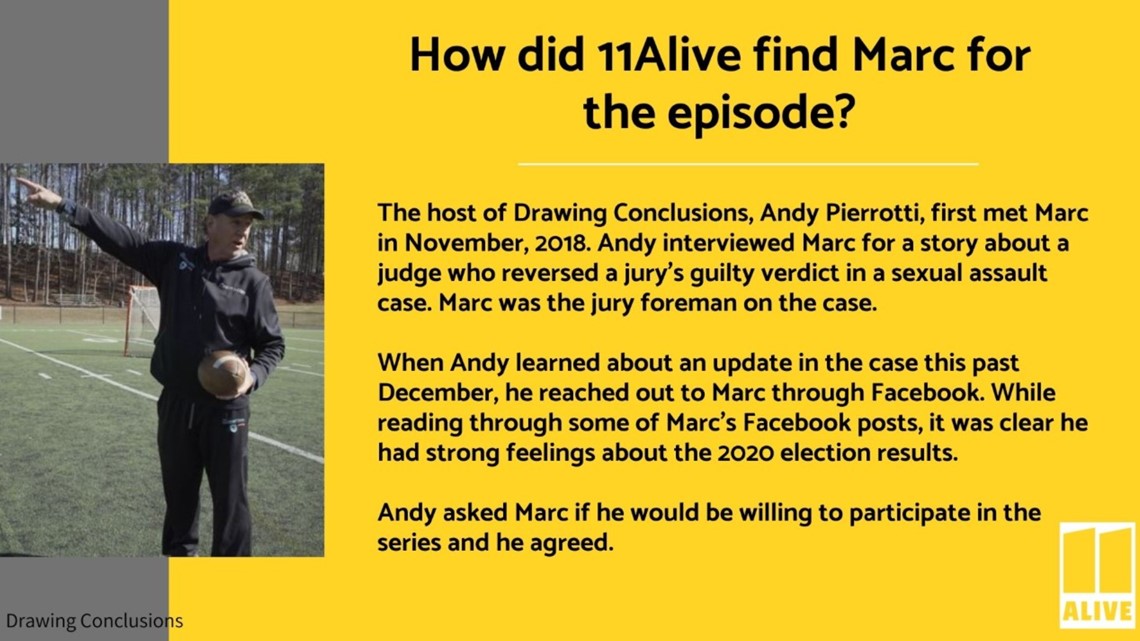
Part 2 Marc goes to Georgia's State Capitol
In addition to Marc’s skepticism about the 2020 results, he also voiced his lack of confidence in the people who ran the state’s election.
His next two experts include Georgia Secretary Brad Raffensperger, head of the state’s elections, and his chief operating officer, Gabriel Sterling. Sterling’s previous role included implementing Georgia’s Dominion voting machines.
After the 2020 election, Marc attacked Sterling multiple times on Twitter, calling him a ‘fraud’ and demanding he ‘resign.’ Marc does not believe Sterling was qualified to implement the Dominion voting machines and its software.
Nearly a year after getting kicked off Twitter for attacking Sterling, Marc meets him in real life. During his interview, Sterling explains to Marc why ballot boxes were used during the 2020 election for the first time in the state’s history.
“Frankly, we had COVID. And there was a lot of fear around the postal system, quite frankly that was driven by politics and some reality,” Sterling told Marc. “Drop boxes are much better monitored than a USPS post office box… we have cameras and we require the cameras.”
Sec. Raffensperger explains to Marc about his efforts to investigate voter fraud claims. “I said there is never a perfect, never a perfect election, but every allegation that was made, we open up an investigation.,” Raffensperger said to Marc. “We run it down.”
After interviewing Sec. Raffensperger and Sterling, Marc said he’s starting to feel a little more confident in Georgia’s 2020 election results. “I think they gave me some great answers about how they believed, not just the Dominion system, but how all the counties performed. And how they as an organization performed. I think they were all spot on,” said Marc.

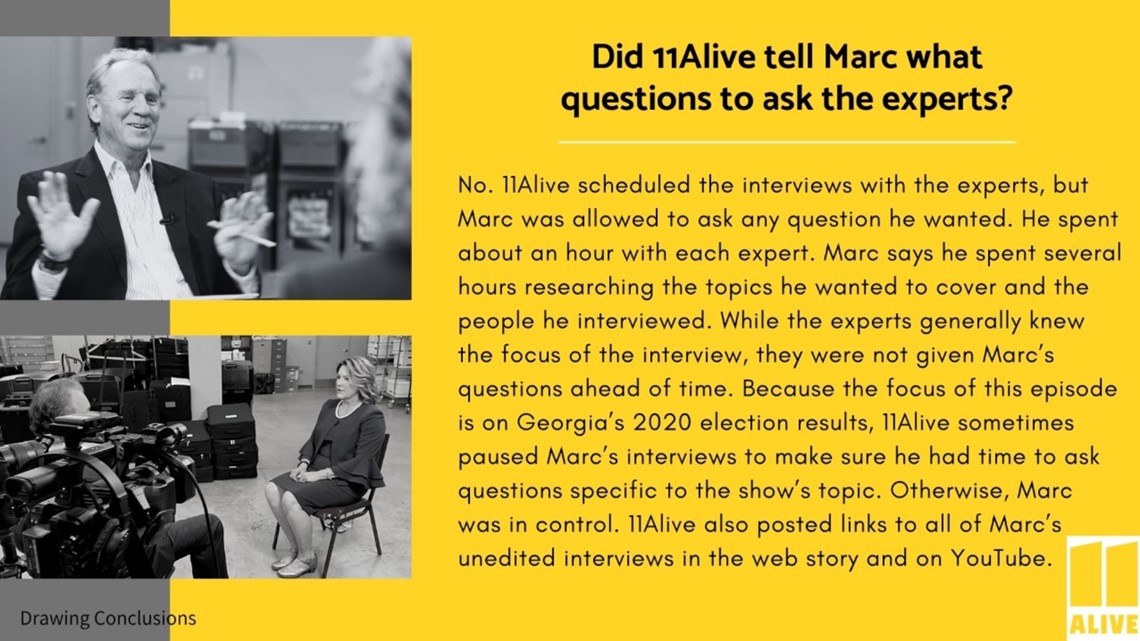
Part 3 Marc meets Georgia’s Dominion voting machine expert
Marc has questions about the state’s voting machines. His next expert knows a lot about them.
He’s Michael Barnes, the director of the center for elections. Barnes has been with the Secretary of State’s office since 1998. Barnes trains county election workers how to use the Dominion machines, builds the ballots for each election and tests the equipment.
Marc asks Barnes about claims he’s read online that the machines are vulnerable to hackers.
Barnes clearly explains what is and what is not connected to the internet. “The election management computer that is stored at the county location is not connected to the internet. The central scanner and its computer that's attached at the county location is not connected to the internet. The BMDs that voters interact with are not connected to the internet,” said Barnes.
The director further explains the scanners that reach the ballots are also not connected to the internet.
“The poll pad, which is used to manage the list of voters when you go to check it in a polling location, in order to find your name, get your particular ballot…That is the only piece that has any type of connection in and what you are outlining. That's it,” said Barnes.
Watch the full interview with Michael Barnes here.

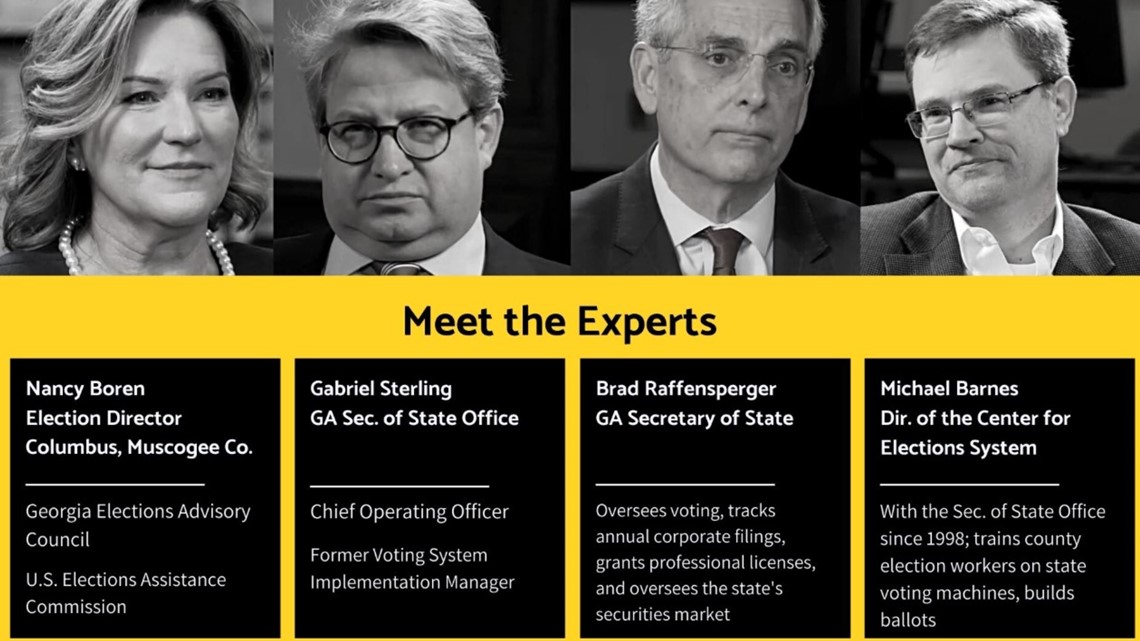
Part 4 Marc draws his final conclusions about his election skepticism
Nearly a month after meeting Marc Nolan, his journey to learn more about Georgia’s 2020 election comes to a conclusion.
Is he still skeptical of the results? His answer is split. He now trusts the outcome, but he remains skeptical of who ran the state’s election.
“I'm confident in the tabulated results that were done in the areas of what Secretary of State Raffensperger told me about and what Nancy Boren told me about. I'm confident that all those things happened,” Marc said.
11Alive asked why he trusts the results, but not the state’s workers who ran the election. Marc believes both can exist at the same time.
“Confidence of the result and the confidence of the process of how the elections were handled are two different things,” he said.
Marc stopped short of apologizing for his old social media posts, which questioned the results and attacked election officials but he believes he’s evolved after meeting the experts and going through the experience.
“The more data one gets, the more one gets involved in your day,” he said. “I would hope people take away that they have to stop looking at the TV stop, listen to politicians, stop listening to things how they think are done and think for themselves.”
Watch the four chapters of the episode and the full-length interviews with all of the experts here. Check out the full episode here.

